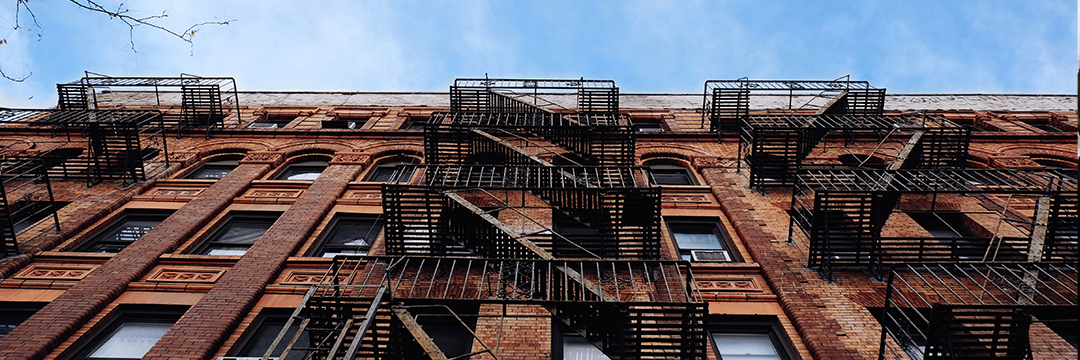Premises Liability in Georgia: Are You Doing Enough to Protect Against Third Party Criminal Acts?
By: Lindsey R. Harrison, Esq.

Under some circumstances, owners and occupiers of land can be held liable for third party criminal acts that take place on their property. These types of lawsuits, which often involve apartment complexes, condominiums, hotels, bars, convenience stores, shopping malls, or workplaces, can result in significant costs to the property owner. In order to avoid these types of suits, it is important for property owners to take certain steps to protect themselves from liability by protecting those on their property.
While there is no obligation to ensure the safety of everyone on your property, you do have a duty to exercise ordinary care to prevent foreseeable third party criminal acts. This means that if you have a reason to anticipate a criminal act, you also have a duty to exercise ordinary care to guard against the risk of harm. This can mean different things depending upon the type of harm that is anticipated.
When someone is injured by a third party criminal act, Courts conduct an analysis of any prior criminal activity on or near the property to determine whether the type of criminal activity that occurred was foreseeable, inquiring into the location, nature and extent of the prior criminal activities and their likeness, proximity, or other relationship to the crime in question. Prior criminal activity need not be identical to the litigated criminal activity and is foreseeable if the prior incident is sufficient to attract the owner’s attention to the dangerous condition which resulted in the litigated incident. The bottom line is that if your property is located in a high crime area or if there have been a recent string of criminal activities, you may need to take additional steps to avoid similar crimes on your property and thereby protect yourself from potential liability.
Condominium and homeowners associations which own or control the common areas in their communities may be at least partially protected from liability by provisions contained within their recorded covenants. Many condominium declarations and declarations of covenants include a provision which states that owners are solely responsible for their own safety and that of their guests, that the association has no duty to provide security in the development (even if it takes actions which directly or indirectly improve security), and that the association may not be held liable for any failure to provide security or for the ineffectiveness of any measures undertaken. Georgia courts have generally upheld and enforced such provisions. If your current governing documents do not include this type of provision, WCZ can assist you in preparing and adopting an appropriate amendment.

